New approach improves ability to predict metals' reactions with water (20/06/2017)
The
wide reach of corrosion, a multitrillion-dollar global problem, may someday be
narrowed considerably thanks to a new, better approach to predict how metals
react with water.
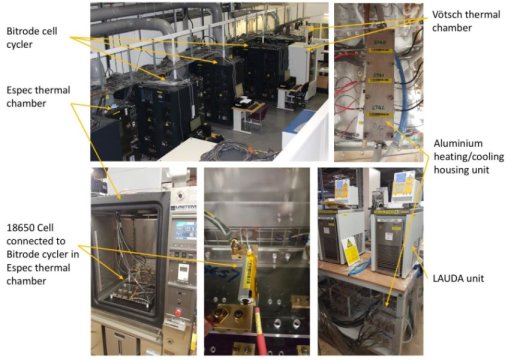
Clean energy stored in electric vehicles to power buildings (19/06/2017)
Stored
energy from electric vehicles (EVs) can be used to power large buildings --
creating new possibilities for the future of smart, renewable energy -- thanks
to ground-breaking battery research from WMG at the University of Warwick.
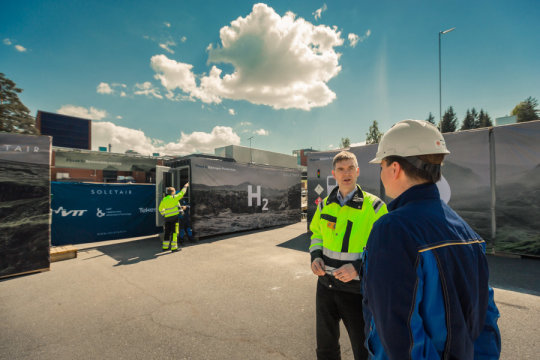
Demo plant produces renewable fuel from carbon dioxide captured from the air (14/06/2017)
The
unique Soletair demo plant developed in Finland uses carbon dioxide to produce
renewable fuels and chemicals. The aim of the project is to demonstrate the
technical performance of the overall process and produce 200 liters of fuels
and other hydrocarbons for research purposes. This concerns a one-of-a-kind
demo plant in which the entire process chain, from solar power generation to
hydrocarbon production, is in the same place.
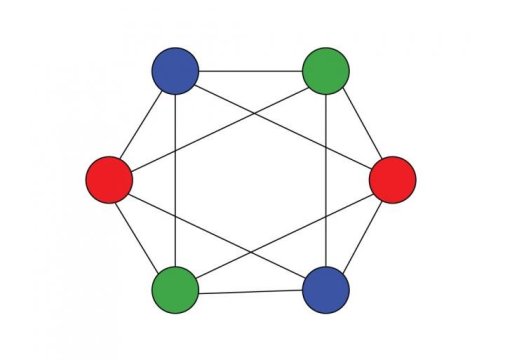
New computing system takes its cues from human brain (13/06/2017)
Researchers have created a new computing system
that aims to tackle one of computing's hardest problems in a fraction of the
time.
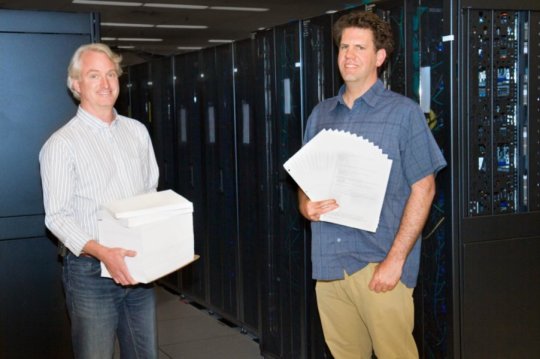
'Charliecloud' simplifies Big Data supercomputing (13/06/2017)
Elegance and simplicity of programming are
highly valued but not always achieved, says a new report. In the case of a new
product, dubbed 'Charliecloud,' a crisp 800-line code helps supercomputer users
operate in the high-performance world of Big Data without burdening computer
center staff with the peculiarities of their particular software needs.

Graphene enhancing our vision of the infinitely small (13/06/2017)
Researchers
report using one-atom-thin graphene film to drastically enhance the quality of
electron microscopy images.
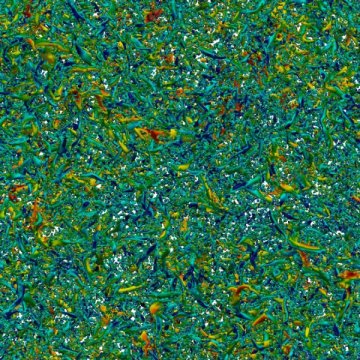
The way toward cleaner coal plants (11/06/2017)
In an effort to design cleaner coal power plants,
researchers have performed some of the most detailed multiphase turbulence
simulations ever run.

Supercharging the computers that will save the world (10/06/2017)
A computer scientist has developed new
techniques and tools to manage high performance computing systems more
efficiently. This in an effort to comply with the increasing demand to handle
large amounts of data within research and allowing for advance simulations.
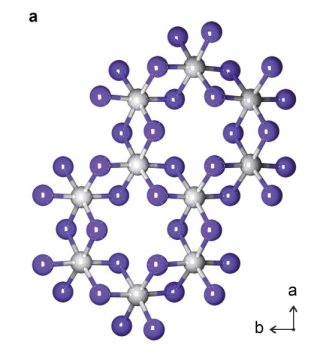
Scientists discover a 2-D magnet (09/06/2017)
For the first time, scientists have discovered
magnetism in the 2-D world of monolayers, or materials that are formed by a
single atomic layer. The findings demonstrate that magnetic properties can
exist even in the 2-D realm -- opening a world of potential applications.

Quantum nanoscope: Seeing electrons surfing the waves of light on graphene (09/06/2017)
Researchers have studied how light can be used to 'see'
the quantum nature of an electronic material. They managed to do that by
capturing light in a net of carbon atoms and slowing down light it down so that
it moves almost as slow as the electrons in the graphene.









